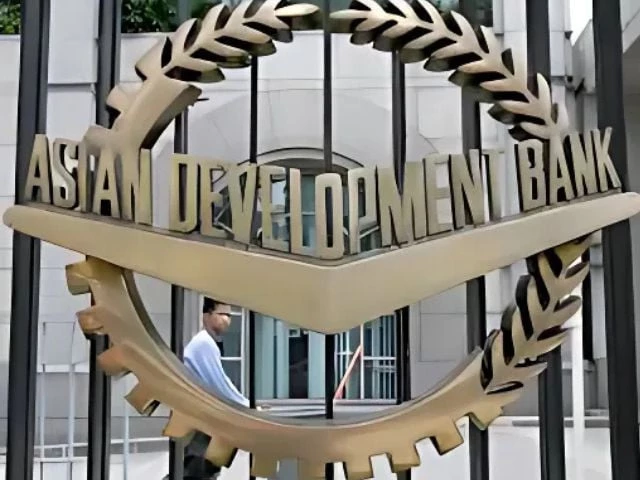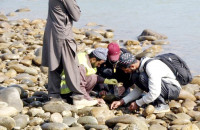Mills asked to comply with global conventions
ADB, APTMA explore opportunities for increase in textile exports

Asian Development Bank (ADB) Country Director Emma Fan met with Pakistan's textile millers and discussed in detail the industry's performance, outlook for exports and ways and means for further increasing the volume and value of textile shipments.
An ADB delegation, headed by Emma Fan and comprising Asad Aleem, Deputy Country Director, Khayyam Abbasi, Programmes Officer and Shaheryar Choudhry, Senior Investment Officer, held an intensive brainstorming session with the All Pakistan Textile Mills Association (Aptma) management.
The delegation asked the business community in general and textile exporters in particular to take immediate measures for compliance with all international conventions, especially with reference to sustainability, labour and human rights.
It gave insightful information on the ADB's new Country Partnership Strategy for Pakistan as well as highlighted the key opportunities in different realms of economy and the challenges facing the region.
Emma Fan pointed out that the ADB strategy outlines four priority areas, which include energising the private sector, optimising the public sector, enabling human resources, expanding connectivity and access and fostering resilience aimed at long-term economic growth.
In the consultative session, the critical role of consistent business-friendly policies and broadening the export base to higher value-added textile exports were particularly highlighted. The ADB expressed strong interest in deepening collaboration with Aptma as part of its strategic road map for Pakistan's sustainable growth.
Speaking on the occasion, Aptma Chairman Kamran Arshad gave an overview of Pakistan's textile industry, the major issues faced by it and the way forward in enhancing coordination with the ADB.
He also discussed the $50 billion textile export vision over a period of five years through setting up 1,000 garment plants with plug-and-play facilities in the dedicated apparel parks. He sought the bank's assistance for developing the proposed parks, which would not only boost exports, but also generate employment opportunities for millions of workers, reduce poverty and boost foreign exchange reserves.
Highlighting the export potential, Kamran Arshad said that Pakistan had registered an impressive growth in value-added textile sectors. More than 70% of Pakistan's exports consist of knitwear, garments, bed wear and towels. Value-added exports have risen sharply in the last decade, especially after the European Union's GSP Plus status.























COMMENTS
Comments are moderated and generally will be posted if they are on-topic and not abusive.
For more information, please see our Comments FAQ